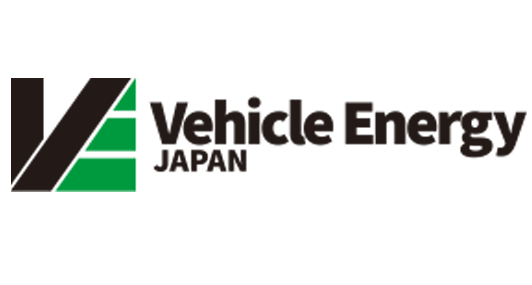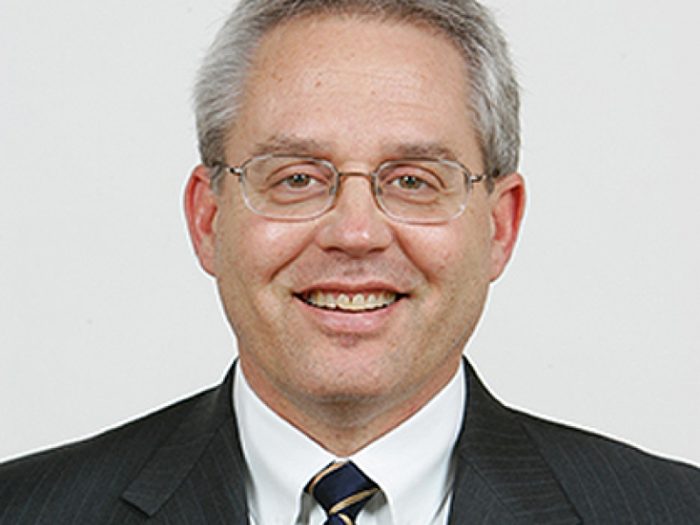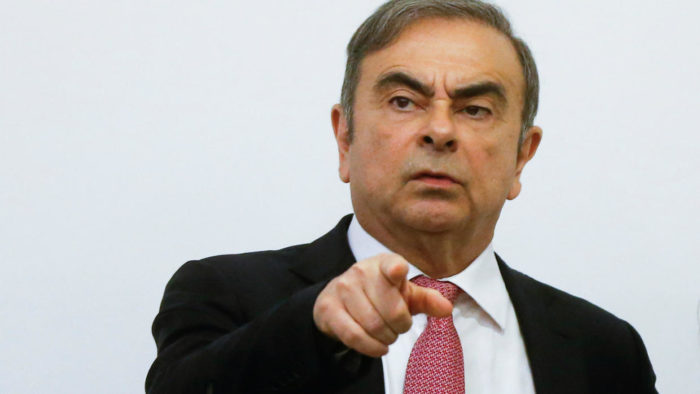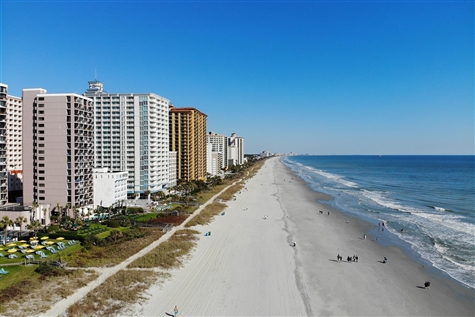Now Reading: U.S. judge permits extradition of two men accused of aiding Ghosn escape
-
01
U.S. judge permits extradition of two men accused of aiding Ghosn escape
U.S. judge permits extradition of two men accused of aiding Ghosn escape
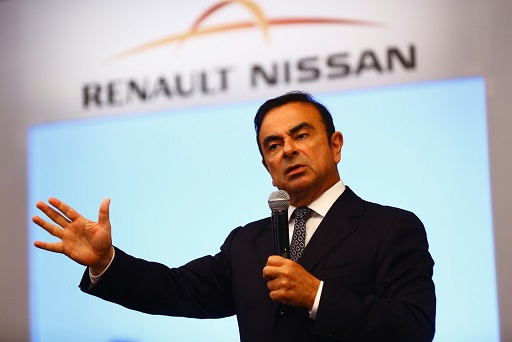
A U.S. judge on Thursday turned down a last-ditch effort by two men to avoid being extradited to Japan for facing the charges that they helped former Nissan Motor CEO Carlos Ghosn flee the country.
The ruling by U.S. District Judge Indira Talwani in Boston cleared the way for U.S. Army Special Forces veteran Michael Taylor and his son, Peter Taylor, to be handed over to Japan, after the U.S. State Department approved their extradition.
The Taylors’ lawyers had argued they could not be prosecuted in Japan for helping someone “bail jump” and that, if extradited, they faced the prospect relentless interrogations and torture.
Ghosn in a court filing sought to support their claim, arguing he was dealing with prolonged detention, mental torture, and intimidation in Japan and the Taylors would face “similar or worse conditions”.
But Talwani said that “although the prison conditions in Japan may be deplorable,” that was not enough to block extradition and that authorities had established their alleged actions were an “extraditable offense”.
Lawyers for the Taylors soon moved to appeal. They refused to comment, as did Nissan. Ghosn and the Japanese embassy in Washington did not comment.
The Taylors were arrested in May at Japan’s request. Talwani put their extradition on hold on October 29 so she could hear their challenge to the State Department’s decision.
Prosecutors say the Taylors helped Ghosn flee Japan on December 29, 2019, hidden in a box and on a private jet before fleeing to his childhood home, Lebanon, which lacks an extradition treaty with Japan.
Ghosn was awaiting trial on charges that he was involved in financial misconduct, including by understating his compensation in Nissan’s financial statements. Ghosn has rejected allegations of wrongdoing.
Prosecutors said the elder Taylor, a private security specialist, and his son were paid $1.3 million for their services to Ghosn.
Stay Informed With the Latest & Most Important News
Previous Post
Next Post
-
 01Polestar Boss Says It’s Time To Outrun BMW M And Mercedes-AMG
01Polestar Boss Says It’s Time To Outrun BMW M And Mercedes-AMG -
 02Spy Shots: 2027 Mitsubishi Pajero Spotted in Testing Ahead of Possible U.S. Return
02Spy Shots: 2027 Mitsubishi Pajero Spotted in Testing Ahead of Possible U.S. Return -
 032026 Toyota Hilux EV: A Powerful Truck with Silent Torque
032026 Toyota Hilux EV: A Powerful Truck with Silent Torque -
 04Spy Photos: VW ID. Polo GTI Goes Electric with 223 HP and 280 Miles of Range
04Spy Photos: VW ID. Polo GTI Goes Electric with 223 HP and 280 Miles of Range -
![2027 Mercedes-Benz S-Class Debuts with V8 Engine [Photo Gallery]](https://speedlux.com/wp-content/uploads/2026/01/2027-Mercedes-Benz-S-Class-33-155x125.jpg) 052027 Mercedes-Benz S-Class Debuts with V8 Engine [Photo Gallery]
052027 Mercedes-Benz S-Class Debuts with V8 Engine [Photo Gallery] -
 06The Controversial Ford Voodoo V8 That Was Killed Off Too Early
06The Controversial Ford Voodoo V8 That Was Killed Off Too Early -
 07Hyundai Palisade’s Breakout Year Shows How Quickly the Market Can Turn
07Hyundai Palisade’s Breakout Year Shows How Quickly the Market Can Turn


![2027 Mercedes-Benz S-Class Debuts with V8 Engine [Photo Gallery]](https://speedlux.com/wp-content/uploads/2026/01/2027-Mercedes-Benz-S-Class-33-700x394.jpg)






































